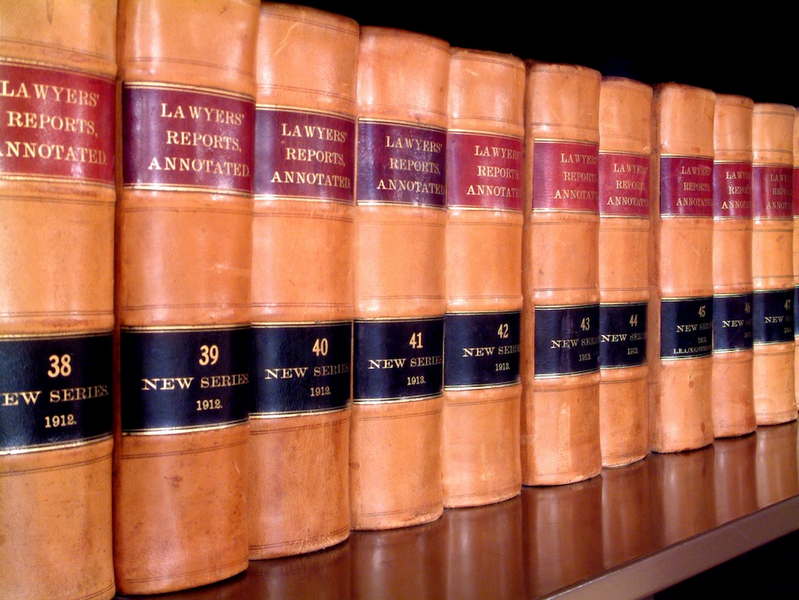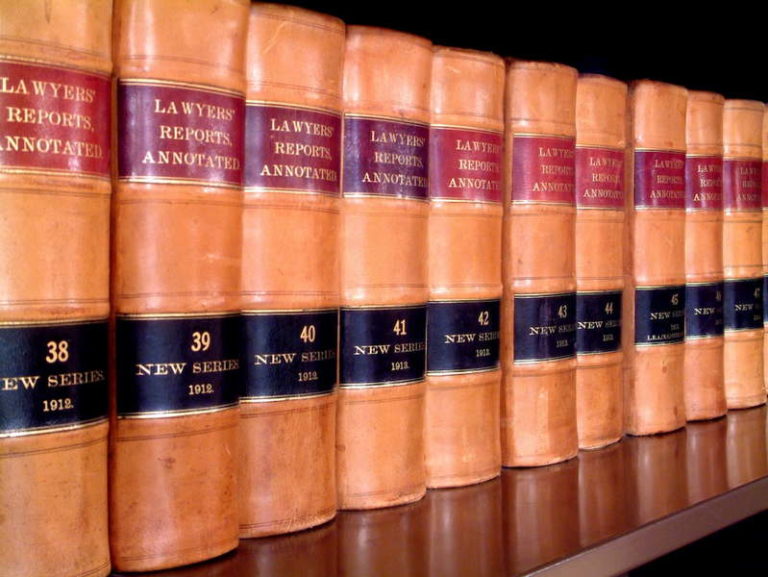
Warkworth Family Trust Lawyers – An Outline Of Family Trusts
Some families consider establishing a family trust as a method to safeguard their wealth. True, but it’s not an easy concept to grasp. If the trust is not set up or administered effectively, it might result in costly legal issues and conflicts with the IRD. It is highly recommended that you speak with one of the Warkworth family trust lawyers to fully comprehend the benefits and obligations.
 Let’s start with a definition of a Family Trust before discussing whether or not one is required. A Family Trust is a sort of trust that you create to protect the assets in your family, both for future and present generations. So far, this sounds very easy and straightforward, right? Why do so many households lack one if it is truly so straightforward and basic? An experienced trust lawyer offers some views and recommendations below. The area of family trusts is complex, and this article is only general observations. For a proper assessment of your situation, you must talk to one of the Warkworth family trust lawyers.
Let’s start with a definition of a Family Trust before discussing whether or not one is required. A Family Trust is a sort of trust that you create to protect the assets in your family, both for future and present generations. So far, this sounds very easy and straightforward, right? Why do so many households lack one if it is truly so straightforward and basic? An experienced trust lawyer offers some views and recommendations below. The area of family trusts is complex, and this article is only general observations. For a proper assessment of your situation, you must talk to one of the Warkworth family trust lawyers.
To begin with, ask the question why you might want to invest the time and money in creating a trust. You should also be learn the primary reasons for going this route and whether it meets your requirements. You can then speak with a trust lawyer to learn more about the process.
Why Should You Create A Family Trust?
– Providing Protection For Resources From Financial Litigation
If you are moving property or assets from your own name to a family trust, the monies are safe and cannot be accessed by creditors. Trustees, on the other hand, are still responsible for managing the servicing of any obligation, such as a mortgage. The property is transferred to a trust, which ensures it cannot be used or reclaimed to cover the gap.
– Ringfence Assets From Claims By Current and Former Family members
If you leave your property or assets to one of your children in your will, your spouse may be entitled to file a claim against or contest that will. When cash or property are placed in a Family Trust, however, only the beneficiaries are entitled to them. If your children are the beneficiaries but not your spouse, the spouse, particularly a former spouse, will have a difficult time accessing those assets. As a result, a family trust is an excellent approach to safeguard your inheritance and leave it to your offspring instead of a former marital partner.
Managing Children’s Access To The Estate
 Once you have died and your will has come into effect, you have no effect on how it is used.
Once you have died and your will has come into effect, you have no effect on how it is used.
Young people especially are not financially savvy. With a family trust you can set rules on how the assets are released. For example, the recipient, could receive an annual income from the Trust. This prevents the beneficiaries from spending their inheritance all at once. Another idea is to release lump-sum payments at specific ages such as 21 years old, or life stages such as starting college when they need additional funds.
For advice on a trusts, you can contact one of the Warkworth family trusts lawyers like McVeagh Fleming.


